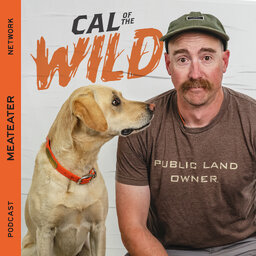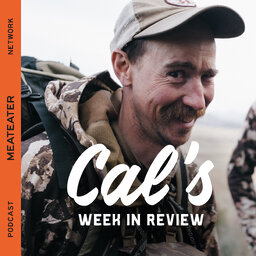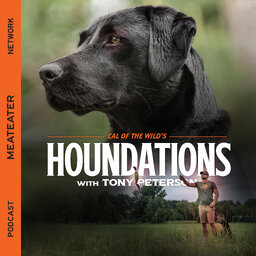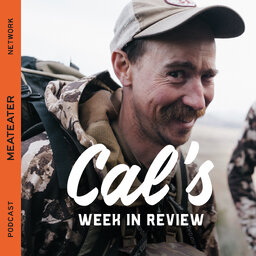Ep. 379: Public Lands, Listener Mail, and Beer
This week Cal talks public lands, solar power, advocacy, wildlife crime and beer with Preston Theony of Wren House Brewing.
Check out the new "Cal of the Wild" T-Shirt
Connect with Cal and MeatEater
To learn more and get involved with any Cal to Action, click here.
MeatEater on Instagram, Facebook, Twitter, Youtube, and Youtube Clips
Subscribe to The MeatEater Podcast Network on YouTube
 Cal of the Wild
Cal of the Wild


